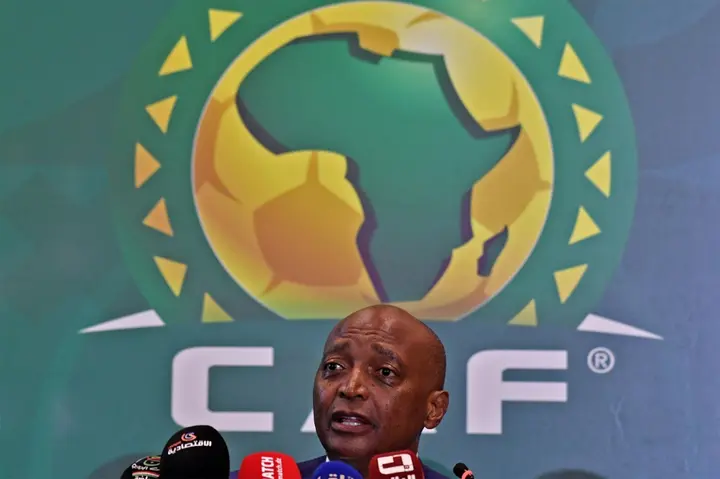In a highly anticipated announcement set for September 27th, Morocco and Algeria are poised to be named as hosts for the 2025 and 2027 Africa Cup of Nations (AFCON) tournaments, respectively. This revelation comes after a series of missed deadlines and heightened regional rivalries that have added intrigue to the selection process.
Strong Contenders Emerge
Morocco and Algeria are not alone in their pursuit of hosting AFCON. They face competition from Zambia, Nigeria-Benin, Botswana, Egypt, Senegal, and a combined Kenya-Tanzania-Uganda bid. The selection of the hosts will be determined through a vote by the executive committee members of the African Football Confederation (CAF) after careful consideration of independent appraisals for each candidate.
Complications Amid Regional Rivalry
One notable complication in this decision-making process is the long-standing political rivalry between North African neighbors Algeria and Morocco, which has now extended to the realm of football. Earlier this year, Morocco withdrew its team from the 2022/2023 African Nations Championship (CHAN) for home-based players due to a ban on Moroccan aircraft flying over Algeria. The boycott deprived the tournament of one of its favorites, as Morocco had won the previous two editions.
Infrastructure and Capabilities
Both Morocco and Algeria possess exceptional stadiums, infrastructure, and football-loving populations, making them capable of delivering world-class AFCON tournaments. Morocco’s Fouzi Lekjaa, a prominent CAF official, expressed confidence that Morocco would be chosen as the host for 2025, stating, “the Fes stadium will have the honor of hosting CAN (Cup of Nations) 2025 matches when Morocco wins the organization.”
CAF’s Political Neutrality
CAF president Patrice Motsepe has emphasized the need for CAF to remain politically neutral in the decision-making process. Motsepe commended the organizational abilities of both countries and praised the recent CHAN tournament held in Algeria as the best ever. He also expressed a desire for regional rotation of hosting duties, but CAF’s secretary general Veron Mosengo-Omba later noted that this might not always be feasible, given the limited number of African countries capable of hosting such events.
A Storied History
The Africa Cup of Nations, which began in 1957 as a three-team tournament, has now grown into a 24-nation extravaganza featuring some of the continent’s finest football talents. Host countries must have a minimum of six stadiums, with two capable of holding at least 40,000 spectators and four accommodating 20,000 or more.
Future AFCON Events
While the host selection for the 2025 and 2027 tournaments remains the focal point of attention, it’s worth noting that the Ivory Coast is set to host the 2023/2024 AFCON. The event, originally scheduled for June and July of this year, has been postponed to January and February next year to avoid the rainy season.
As the decision date draws closer, football enthusiasts across Africa eagerly await the announcement of the host nations for these prestigious tournaments. Amid regional rivalries and the desire for fair representation, the choice made on September 27th will carry significant implications for the future of African football.













